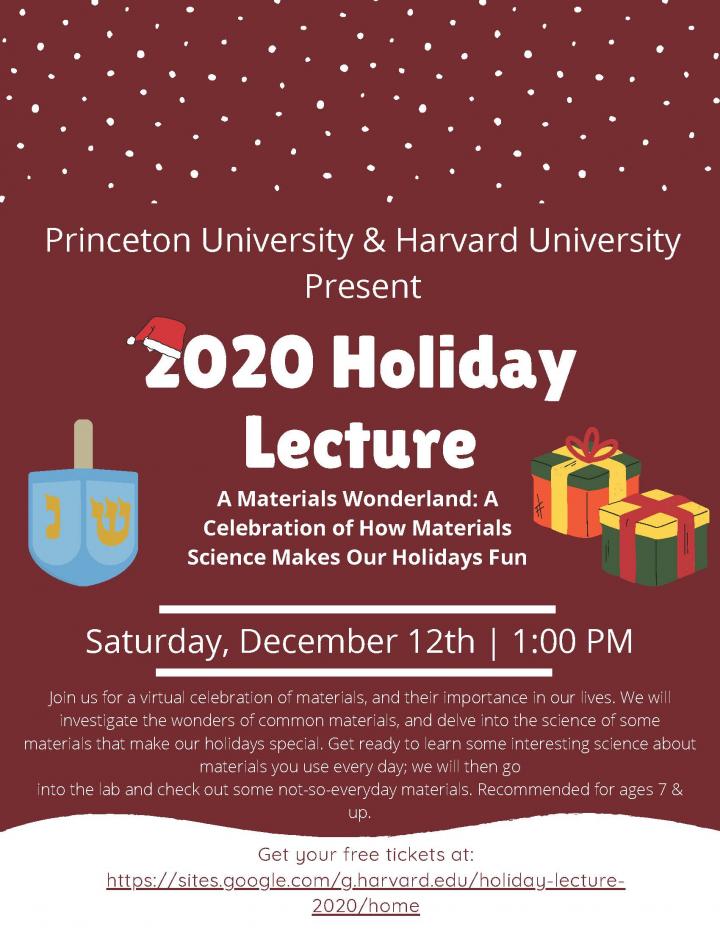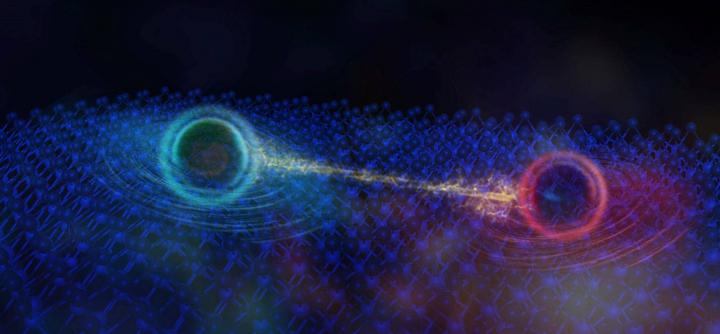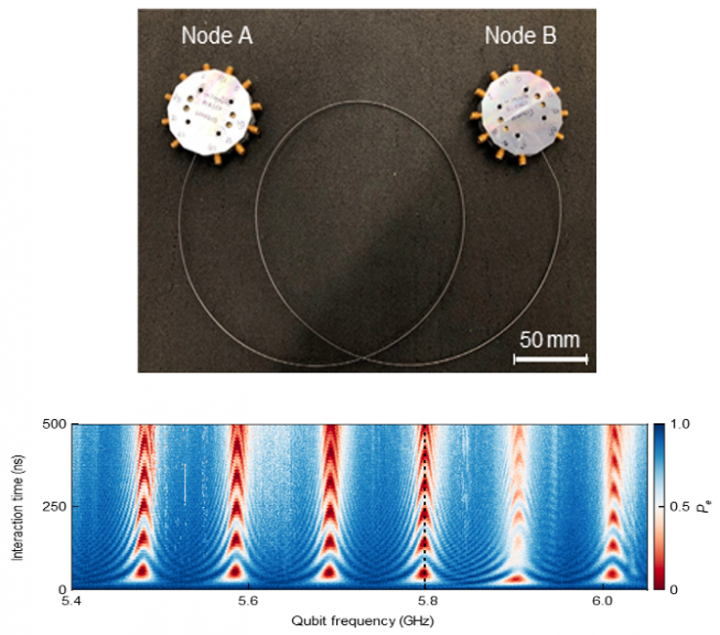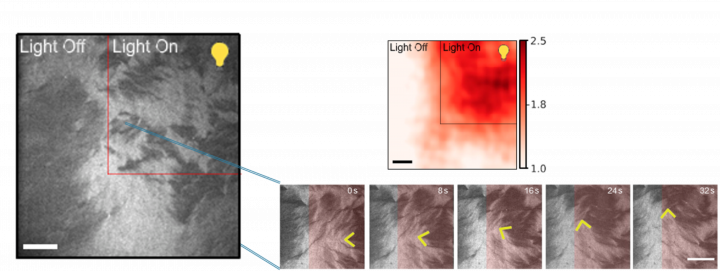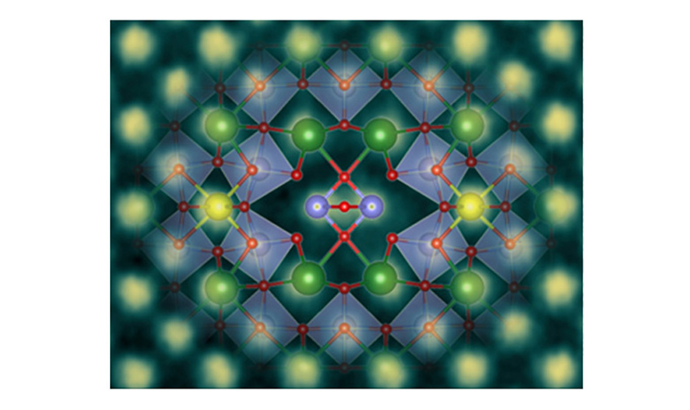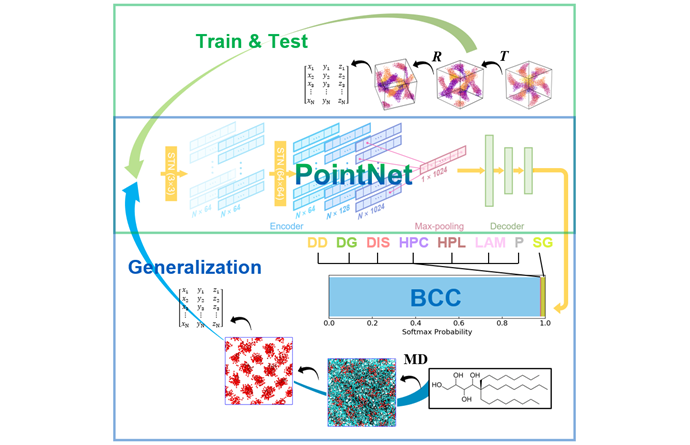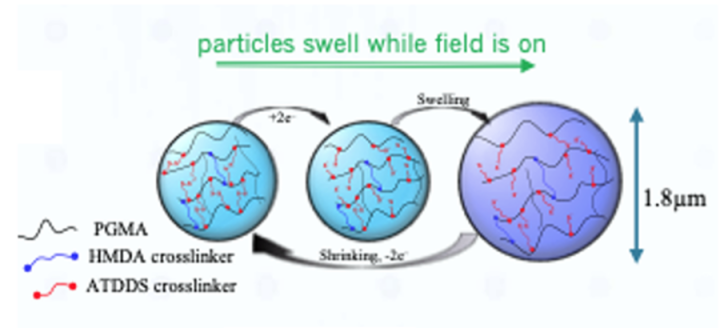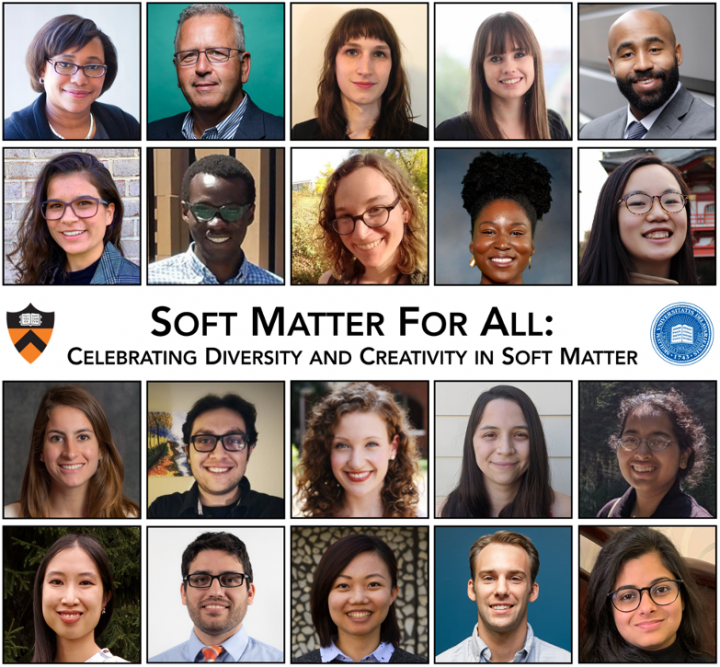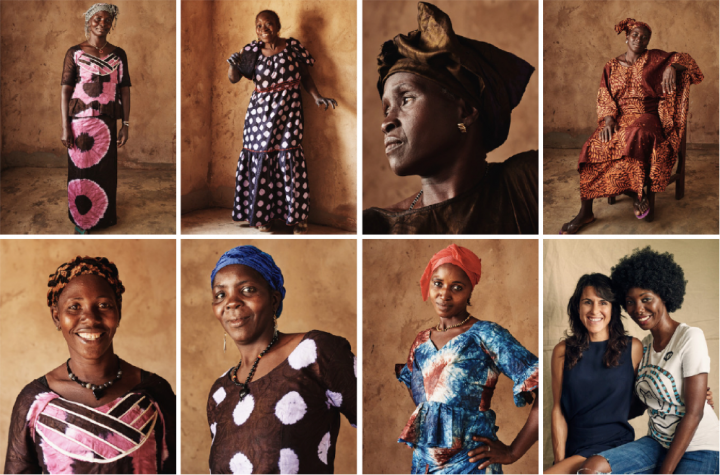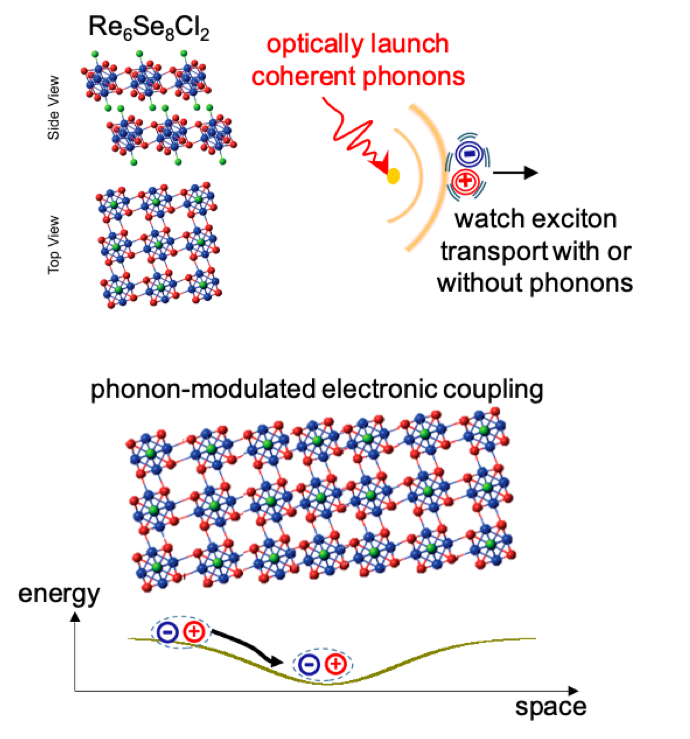PCCM celebrated its annual Holiday Lecture 2020: A Materials Wonderland: A Celebration of How Materials Science Make Our Holidays Fun with PCCM faculty, research members and others providing (virtual) materials science presentations. The audience helped with experiments and demonstrations from their homes. 426 families registered, some with multiple children (tuning from all over the world), resulting in ~1,000 attendees!

